CTCP Seminar: “Testing Multipartite Nonlocality and Network Nonlocality Sharing” by Prof. Qing CHEN | Tuesday, June 17, 2025, 10:00am CYMP522

After a brief introduction to quantum nonlocality, we propose a set of conditions on the joint probabilities as a test of genuine multipartite nonlocality, and it turns out that all entangled symmetric multipartite qubit states pass this test. In the following we generalize this test to a family of Hardy-type tests, which can detect different degrees of nonlocality ranging from standard to genuine multipartite nonlocality. At last, we explore network nonlocality sharing in an n-branch generalized star network scenario with m observers in each branch and k settings per observer.
CTCP Seminar: “Authentication of Classical Channels in Quantum Key Distribution” by Prof. Liujun WANG | Monday, June 16, 2025, 3:00pm CYMP522
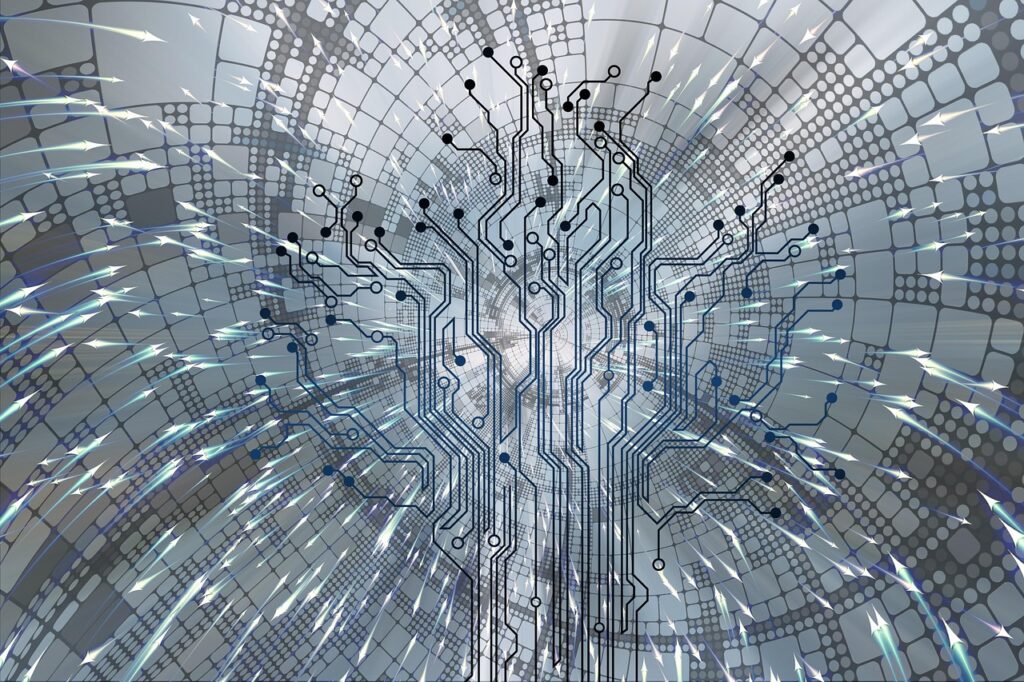
Quantum Key Distribution (QKD) offers information-theoretic security but relies critically on authenticated classical channels for post-processing steps (e.g., basis sifting and key reconciliation). Without authentication, these channels are vulnerable to man-in-the-middle attacks. Traditional methods require Alice and Bob to pre-share symmetric keys via physical meetings—a solution incompatible with multi-user QKD networks. We experimentally demonstrate a practical solution using post-quantum signature algorithms to authenticate QKD classical channels. This approach was validated under multiple QKD network topologies in laboratory environments and a real-world metropolitan QKD network operating continuously for 36 days. Our implementation provides quantum-resistant security while uniquely requiring only short-term security (e.g., ~1 second during authentication), contrasting with long-term security assumptions for post-quantum encryption. Additionally, we propose a quantum-teleportation-based protocol for message authentication that simultaneously ensures confidentiality—enabling secure key reconciliation in QKD.
CTCP Seminar: “Origin of Topological Holography” by Prof. Tian LAN | Friday, June 6, 2025, 4:30pm CYMP Rm522
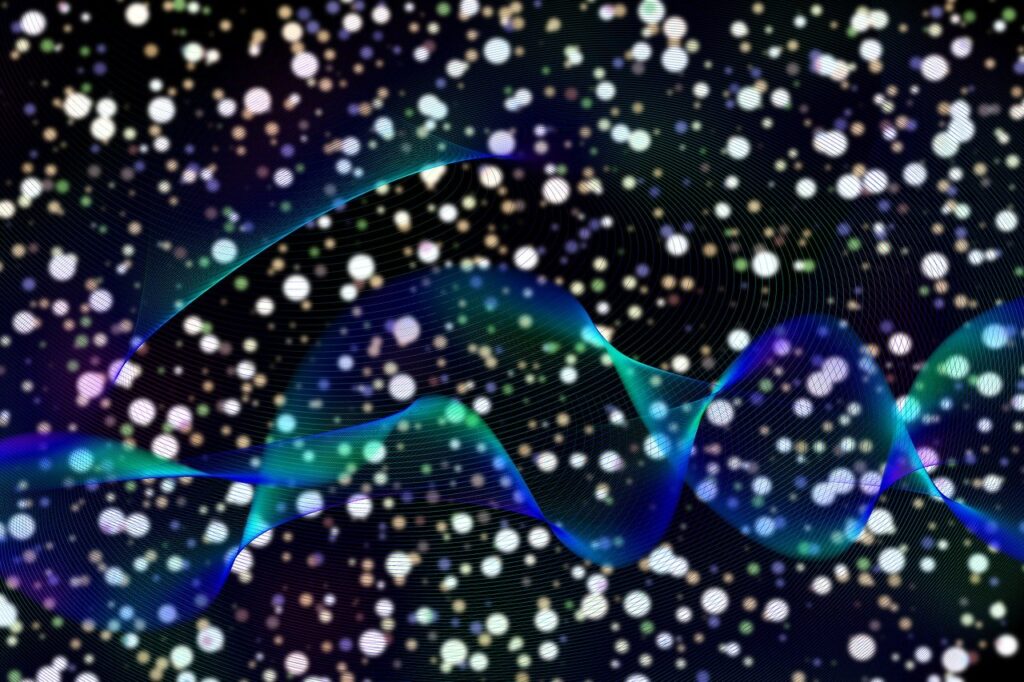
There is a holographic correspondence between (1) nD quantum systems with symmetry C and (2) nD boundaries of the n+1D topological order Z(C), where Z(C) is mathematically the Drinfeld center of C. Such mysterious topological holography has numerous applications and consequences, especially in the recent emerging field of generalized symmetry. By a rigorous construction and proof in 1+1D, we show that the Drinfeld center Z(C) naturally arise as the category of fixed-point local tensors with symmetry C, thus revealing the origin of topological holography. This talk is based on arXiv:2412.07198.
Professor Yuxin Zhao Received Prestigious HKU-100 Scholar Award

We are pleased to announce that Professor Yuxin Zhao, fellow at the HK Institute of Quantum Science & Technology, has recently been awarded the prestigious title of HKU-100 Scholar by the University.
In his outstanding research, Professor Zhao has mainly focused on novel topological quantum matter. Several theories of topological physics established by him and co-workers, including those on topological metals, were pioneering and well-recognized internationally.
Please join us in congratulating Professor Zhao on this remarkable achievement, which not only honours his contributions to the field but also significantly advances the capabilities of our institute in the realm of quantum science and technology.
Professor Xiang Chao Receives Prestigious Croucher Innovation Award 2025
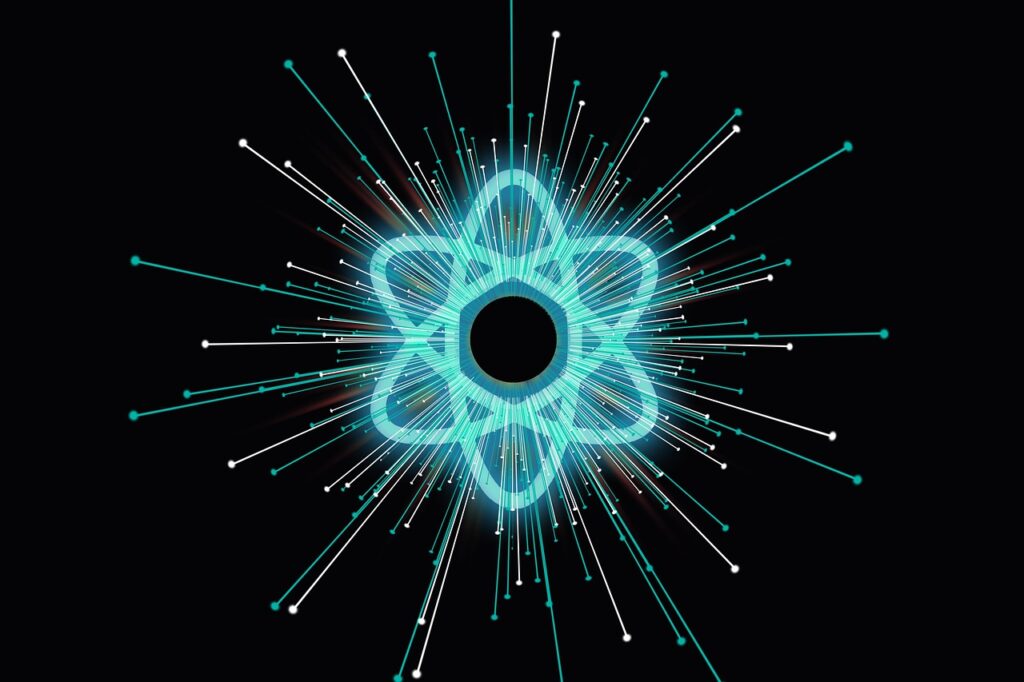
We are thrilled to announce that Professor Xiang Chao, fellow at the HK Institute of Quantum Science & Technology, has been honored with the Croucher Innovation Award 2025. Professor Zhao is one of four exceptional scholars to receive this prestigious accolade this year.
In his groundbreaking research, Professor Xiang focuses on miniaturizing optical systems to the chip scale, leveraging the myriad benefits of light across various applications. A central element of his work involves the development of integrated on-chip laser sources. By pioneering advancements in semiconductor lasers integrated onto photonic chips, Professor Xiang aims to significantly enhance their performance and functionality.
Utilizing advanced semiconductor micro- and nanofabrication technologies, his research optimizes on-chip laser performance. This enables seamless integration with photonic integrated circuits, leading to improved energy efficiency and broader application potential. Through the technique of heterogeneous integration, Professor Xiang extends the utility of semiconductor lasers beyond traditional optical communications to include fields such as sensing, metrology, imaging, and quantum information processing and computing.
His focus on developing high-performance, low-noise lasers that are scalable and suitable for a wide array of technological applications is set to make a substantial impact on both fundamental scientific research and practical technologies. Professor Xiang’s innovative design and fabrication methods promise to facilitate the creation of more sophisticated and energy-efficient photonic devices.
Please join us in congratulating Professor Xiang Chao on this remarkable achievement, which not only honours his contributions to the field but also significantly advances the capabilities of our institute in the realm of quantum science and technology. For more information, please refer to https://croucher.org.hk/en/news/four-emerging-research-leaders-earn-croucher-innovation-awards
Credit/Source: https://croucher.org.hk/en/news
Dr. Chenfeng Cao and Mr. Weihao Yang awarded the 2025 Joint Post-doctoral Fellowships (JPDF)
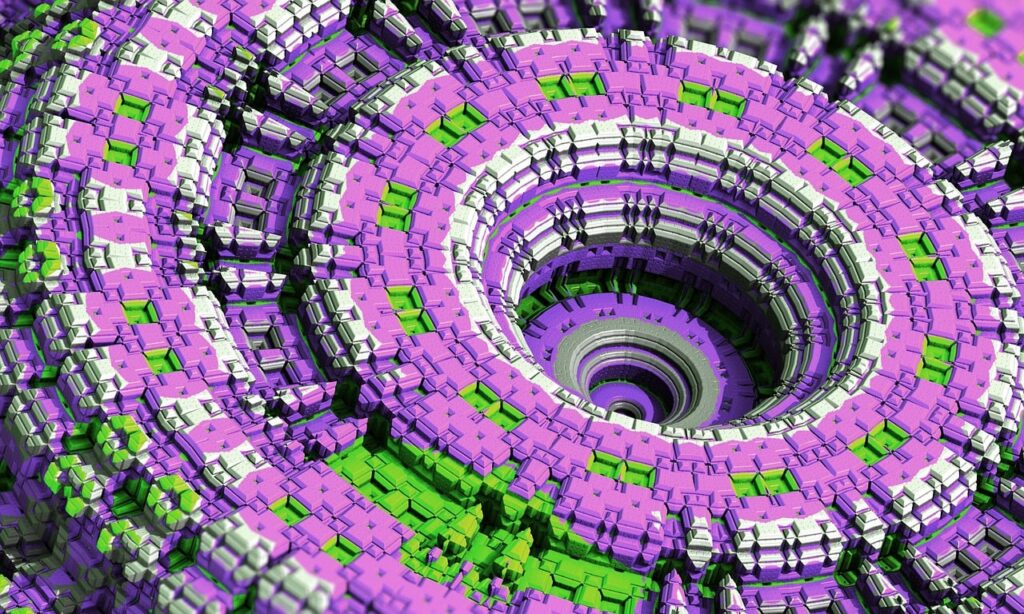
We are thrilled to announce that Dr. Chenfeng Cao and Mr. Weihao Yang are awarded the 2025 Joint Post-doctoral Fellowships (JPDF) at the HK Institute of Quantum Science & Technology (HKIQST) and Hong Kong Branch for Quantum Science Center (HKBQSC) of Guangdong-Hong Kong-Macao GBA, through a highly selective procedure of the Selection Panel consisting of Profs Zidan WANG, Wang YAO, Xiaobo YIN, and Shizhong ZHANG.
Dr. Cao received his PhD from The Hong Kong University of Science and Technology, and is currently an esteemed Humboldt Fellow. With an impressive publication record in leading physics journals such as Comm Phys, Phys Rev Appl, Phys Rev Research, and Quantum Science and Technology, he is expected to bring a wealth of knowledge and expertise to our institute.
Mr. Yang, who is expected to receive PhD from The University of Electronic Science and Technology of China around this summer, has made commendable strides in the field of electronics. His research work has been recognized in top-tier journals like Nat Electro and Nat Comm. His passion and dedication towards research are truly inspiring.
At HK Institute of Quantum Science & Technology, Dr. Cao and Mr. Yang will be working on a plethora of theoretical and experimental research projects related to quantum science.
We warmly welcome Dr. Cao and Mr. Yang to our community and anticipate the invaluable insights they will bring. We look forward to witnessing the growth and success that their presence will undoubtedly facilitate.
Congratulations to Dr. Cao and Mr. Yang!
CTCP Seminar: “Deep Boundary Perturbations at a Quantum Critical Point” by Dr. Shang LIU | Wednesday, March 19, 2025, 3:30pm KKLG101
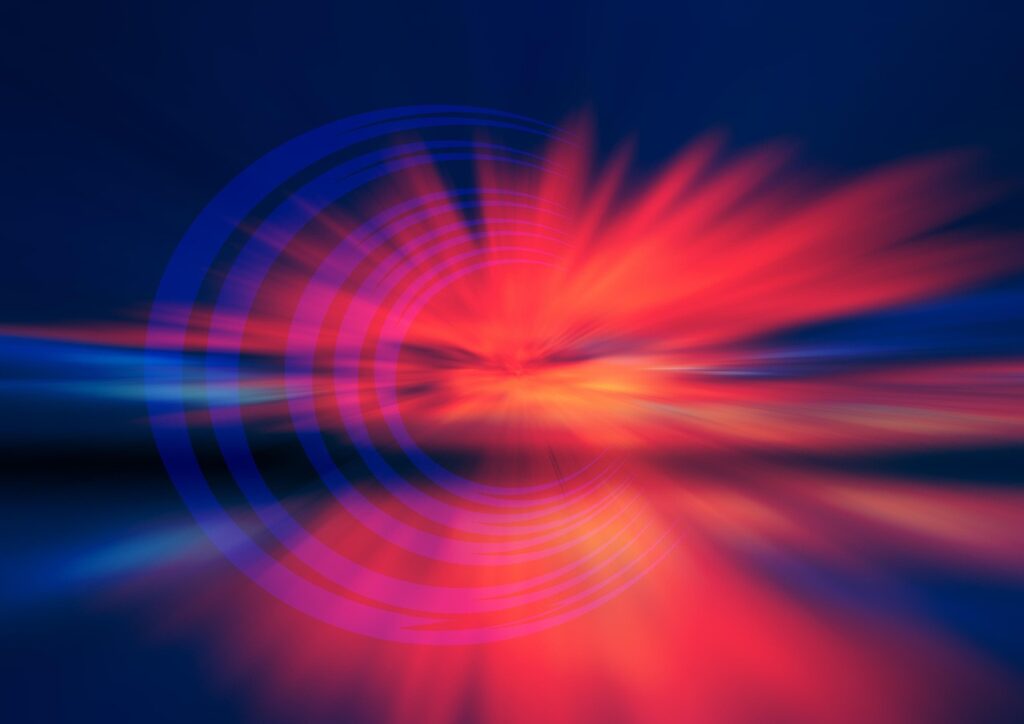
We explore an unconventional class of problems in the study of (quantum) critical
phenomena, termed “deep boundary criticality”. Traditionally, critical systems are analyzed with two types of perturbations: those uniformly distributed throughout the bulk, which can significantly alter the bulk criticality by triggering a nontrivial bulk renormalization group flow, and those confined to a boundary or subdimensional defect, which affect only the boundary or defect condition. Here, we go beyond this paradigm by studying quantum
critical systems with boundary perturbations that decay algebraically (following a power law) into the bulk. By continuously varying the decay exponent, such perturbations can transition between having no effect on the bulk and strongly influencing bulk behavior. We
investigate this regime using two prototypical models based on (1+1)D massless Dirac fermions. Through a combination of analytical and numerical approaches, we uncover exotic scaling laws in simple observables and observe qualitative changes in model behavior
as the decay exponent varies.
APS March Meeting in Hong Kong 2025 | 16-22 March 2025

APS March Meeting in Hong Kong | March 16–22, 2025
The Physical Society of Hong Kong and the American Physical Society have agreed to hold a satellite conference in Hong Kong during the APS March Meeting from March 16 to 22, 2025. Some academic presentations made at the Hong Kong venue will be simultaneously broadcasted to the online platform of the APS March Meeting. Attendees can also view presentations from the APS online platform.
This conference provides a valuable platform for researchers who are unable to attend the meeting in the United States due to visa issues. It offers them the opportunity to showcase their research achievements and engage in academic exchanges with international collaborators.
Conference Organization:
Host Organization: Physical Society of Hong Kong
Co-organizer: American Physical Society | HK Institute of Quantum Science & Technology
Organizing Institutions: City University of Hong Kong | Qebula Mind Limited
Conference Chairs:
Professor Xunli Wang: Chair Professor, Department of Physics, City University of Hong Kong | Board Member and International Councilor, American Physical Society
Professor Zidan Wang: Chair Professor, Department of Physics, University of Hong Kong | Chairman of the Council, Physical Society of Hong Kong
Professor Bei Zeng: Professor, Department of Physics, Hong Kong University of Science and Technology | President, Physical Society of Hong Kong
Conference Committee Members:
Sunny Xin Wang
Xiao Li
Zhedong Zhang
Liang Dai
Conference Secretary:
Sunny Wang Xin: Department of Physics, City University of Hong Kong | Honorary Treasurer, Physical Society of Hong Kong
Jointly Organized by: APS, HK Physical Society of Hong Kong, HK Institute of Quantum Science & Technology, City University of Hong Kong, and Qebula Mind Limited
AQIS’25 25th Asian Quantum Information Conference | 4-8 August 2025

AQIS’25 Conference Announcement
📅 Date: August 4 to August 8, 2025
📍 Venue: Grand Hall of the Lee Shau Kee Lecture Centre, Centennial Campus, the University of Hong Kong (HKU)
Hosted by:
HK Institute of Quantum Science & Technology (HKIQST)
Quantum Information and Computation Initiative (QICI) of the HKU School of Computing and Data Science
The AQIS’25 conference will focus on quantum information processing, communication, and cryptography, bridging the fields of quantum physics, computer science, mathematics, and information technologies. As the natural successor of EQIS’01-EQIS’05 and AQIS’06-AQIS’24, AQIS’25 will feature invited talks, selected oral and poster presentations, as well as other activities.
Conference Topics Include:
Quantum computation and simulation, algorithms, and complexity
Quantum information theory
Concepts, methods, and tools against decoherence
Quantum cryptography
Quantum communications experiments and theory
Quantum metrology
Quantum technologies (optics, NMR, solid state, etc.)
Quantum circuit, computer design, and architecture
Quantum programming languages and semantics
Important Dates:
Talk Submission Deadline: April 25, 2025
Poster-only Submission Deadline: May 16, 2025
Notification of Acceptance: May 30, 2025
Final Manuscript Deadline: June 30, 2025
Early Registration Deadline: June 30, 2025 (all deadlines are until 23:59 anywhere on Earth)
Invited Speakers:
Rotem Arnon-Friedman (Weizman Institute of Science)
Warit Asavanant (University of Tokyo)
Debbie Leung (University of Waterloo)
Chaoyang Lu (University of Science and Technology of China)
Chiao-Hsuan Wang (National Taiwan University)
Additional speakers to be announced…
Sponsors:
HKU School of Computing and Data Science
HK Institute of Quantum Science & Technology (HKIQST)
QICI
Join us at AQIS’25 for a deep dive into the exciting world of quantum information and computation!
CTCP Seminar : “Quantum Spin Liquid as incompressible liquid of electrons” by Prof Yi ZHOU Monday, February 10, 2025, 5:00pm, LE8, Library Extension Building, HKU

An alternative to the “standard” quantum spin liquid model, which was constructed as a gauge theory, will be presented. This new framework is a Landau-type effective theory. We will explore both quasiparticle excitations and collective modes, along with their physical implications.